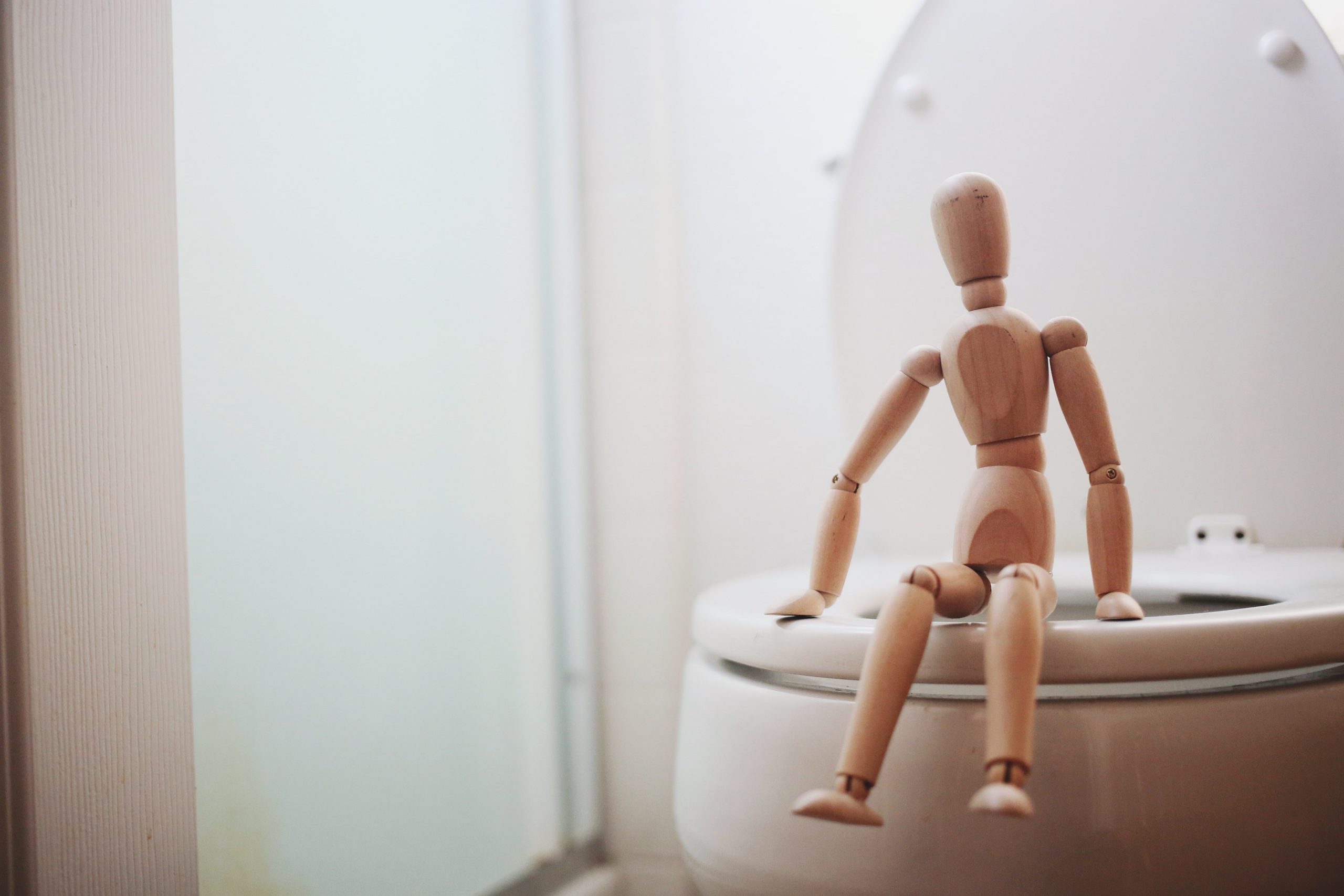
The importance of staying regular
Whilst bowel movements may not be the most lovely topic, they can tell you a lot about your health.
As a naturopath, the digestive system is very important. After all, it is where both the nutrients from food is absorbed and where the majority of waste products and toxins are eliminated. Your stool and how often you pass one gives a good indication of the state of your lower digestive tract (colon).
The problem with constipation
If the body’s waste products and toxins are not eliminated efficiently and are left sitting in the colon, they can be reabsorbed into the body. This can cause a feeling of bloating or fullness and contribute to a number of health issues. These substances include both toxins that have been taken into the body, as well as hormones that are no longer required, and these become reabsorbed creating an imbalance. This can lead to skin issues, hormonal dysregulation, period pain, and reduced immune function. Additionally, the combination of hard stools with straining can cause haemorrhoids or anal cracks.
What is the ideal stool?
Generally, it should look like a sausage, ranging from solid with slight cracks, through to soft with well-defined edges. Medically, constipation is determined as less than 3 bowel movements per week, although this is much less than what is ideal. For optimal health, you should pass 1 -2 bowel movements per day, with little urgency, little to no straining, and a sensation of complete evacuation.
How to improve bowel movements
Water
Firstly, drink lots of water: 1.5L-2L/day. If you like some fizz, drink some soda water, or if you don’t like the taste of water add some lemon juice or mint leaves for flavour. As the weather gets colder, herbal teas are a great way to increase your water intake.
Increase dietary fibre
If you don’t eat a lot of vegetables, this is the best place to start when increasing fibre. Think of ways you can add more vegetables to the meals you already eat. Secondly, if you eat a lot of white flour products such as white bread, pastries, or cakes, switch to a wholemeal flour, and replace your sweet treats with fruit. You can add soluble fibre to your diet, by including ground flaxseed, oat bran, psyllium husk, slippery elm powder, and pectin.
Support the bowel microbiome
The beneficial bacteria in your colon feed on vegetable fibre. The best way to improve the balance of gut bacteria is to eat a wide variety of fruit and vegetables, covering all the colours of the rainbow. Fermented foods can be a great addition to improve your bowel microbiome. These foods include yogurt, kefir, kombucha, sauerkraut, miso soup, and kimchi.
Exercise
Daily exercise such as walking can help to stimulate the bowels; aim to move your body daily.
When nothing is moving
For extra support, try chamomile tea, bitter green leafy vegetables or prunes to stimulate bowel movement. When all else fails, herbal laxatives are much more gentle than conventional ones, you can get these at a health food shop or from a naturopath.




